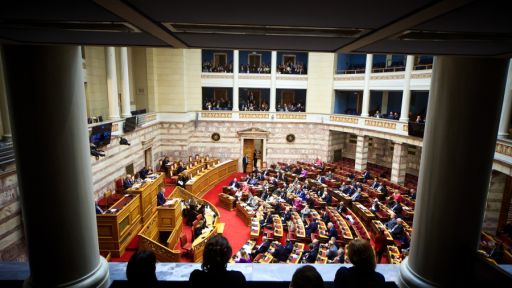Major reforms proposed for Greek Municipal and Regional Elections

At the annual conference of the Central Union of Municipalities of Greece (ΚΕΔΕ), Interior Minister Theodoros Livanios outlined proposed changes to the Greek municipal and regional election system. These reforms, aimed at improving efficiency and voter participation, include:
Single-Round Elections: Municipal and regional officials will be elected in a single round. Voters may cast a second preference vote on the same ballot. If no candidate secures 50% + 1 of the votes in the first count, the top two parties proceed to a secondary count. In this count, eliminated parties' second-choice votes are added to the two leading parties’ totals to determine a winner.
Optional Electronic Voting: Electronic voting will be introduced on an optional basis in municipal and regional elections.
Early Election Option: During the five-year term, early elections may be called within the first three years under specific conditions, requiring the agreement of 4/5 of council members and the mayor or regional governor.
Additional Council Members Without Supplementary Votes: In councils with up to 19 members, one additional council member may be appointed, increasing up to three members for councils with 43 members, from the winning party list. This aims to attract skilled candidates with recognized expertise to local governance.
Quota for Young Candidates: A special quota will be reserved for candidates under 30 to encourage youth participation in local governance.
Removal of Temporary Appointments: Temporary appointments for state officials during elections will be eliminated.
Reduction in Candidate Numbers: The number of candidates required per council will be reduced from 150% to 50%.
Unified Voting Districts: Council members will now be elected based on the entire municipality rather than individual units, simplifying the election process.
Proportional Candidate Fees: Election participation fees will be proportional to the population of the municipality or region.
Election Timing: Elections will be held on the last Sunday of November, reducing the time between elections and the start of the new term, thereby minimizing potential governance gaps.
These proposed reforms aim to increase voter engagement, reduce costs, and streamline local government elections.







